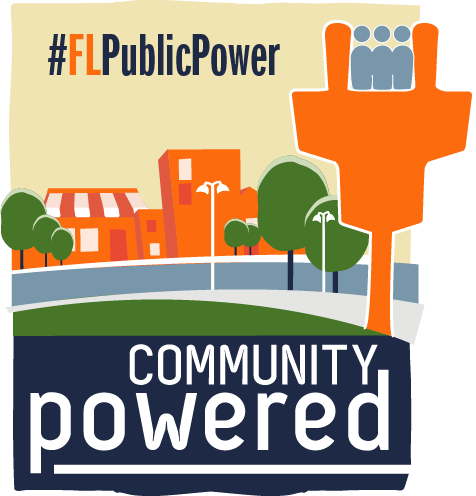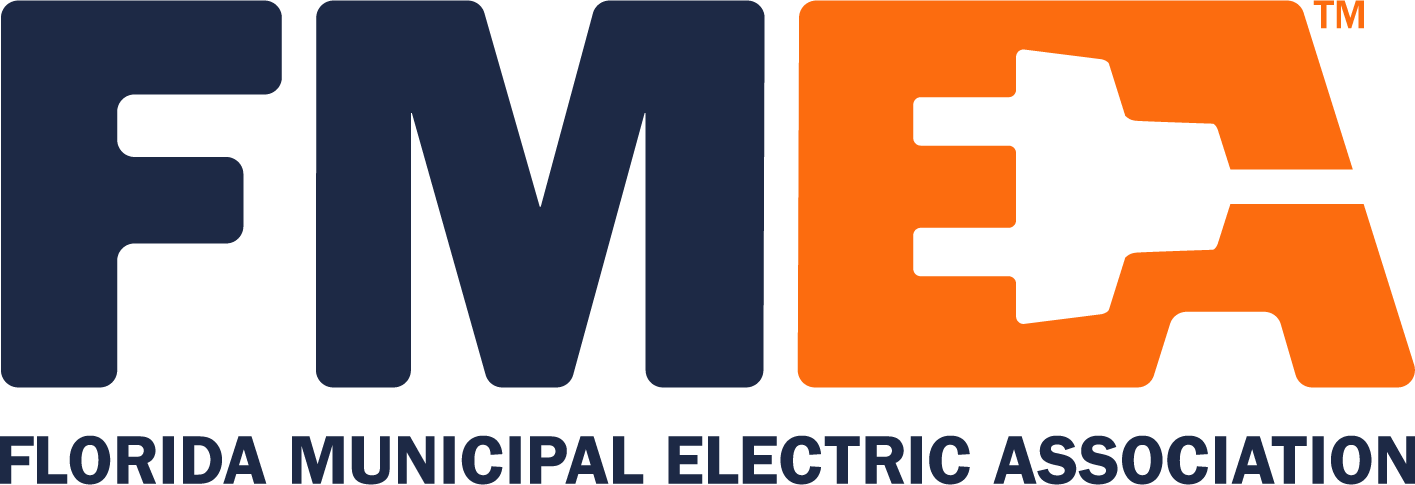FPL Takes Aim at Foes' Rate Proposal
 Article reposted with permission from The News Service of Florida.
Article reposted with permission from The News Service of Florida.
Florida Power & Light on Friday blasted a proposed rate settlement offered by the state Office of Public Counsel and some consumer groups, calling it “illusory and unenforceable” and urging regulators to reject it.
FPL filed a response three days after the Office of Public Counsel — an agency designated in state law to represent consumers in utility issues — and four groups filed what was described as a “counter proposal” at the Florida Public Service Commission. The Office of Public Counsel and its allies oppose a proposed settlement that FPL reached with businesses and other groups this month.
“Simply put, what the movants (the Office of Public Counsel and the four groups) have filed is not a settlement at all,” FPL attorneys wrote in the 14-page response. “Calling the documents that the movants filed a settlement defies general common sense; walks dangerously close to a bad faith filing from a legal perspective; and, at best, is a ham-handed media stunt that attempts to turn this proceeding into a circus.”
The Public Service Commission is scheduled in October to hold a hearing in the base-rate case, which likely will lead to FPL customers paying billions of additional dollars over the next four years.
The plan filed Tuesday by the Office of Public Counsel and the groups Florida Rising, the League of United Latin American Citizens of Florida, Environmental Confederation of Southwest Florida and Floridians Against Increased Rate would lead to smaller increases than a proposed settlement filed Aug. 20 by FPL and numerous businesses and groups.
In Tuesday’s filing, the Office of Public Counsel and its allies identified themselves as the “customer majority parties,” while identifying the parties in FPL’s proposed settlement as the “special interest parties.”
“The majority settlement agreement (the proposal filed by the Office of Public Counsel and its allies) contains proposed resolutions which fully resolve all of the issues in (the case) and results in customer rates that are actually in the public interest and not disproportionately favorable to the special interest parties,” Tuesday’s filing said.
But FPL’s response Friday said the other side’s proposal is “at best, a stipulation of joint positions” and that the Office of Public Counsel and its allies “cannot settle away FPL’s statutory rights among themselves.”
“They are not regulated by the commission,” FPL attorneys wrote. “They have no obligation to serve FPL’s customers. They do not bear the burden of proof to justify any resulting rate change that the commission may approve in this proceeding. As such, they have no legal right to agree to things on FPL’s behalf and deny FPL its statutory rights that are afforded to it under Florida law.”
FPL’s proposed settlement would lead to base-rate increases of $945 million in 2026 and $766 million in 2027, according to the utility. FPL also would collect additional amounts in 2028 and 2029 for solar-energy and battery-storage projects.
The counter proposal filed Tuesday would result in increases of $867 million in 2026 and $403 million in 2027. It also would leave open the possibility of FPL seeking increases of an estimated $195 million in 2028 and $174 million in 2029 for generation-related projects that could include solar and battery projects.
Tuesday’s filing said the FPL proposal could lead to cumulative increases over four years of $6.903 billion, while the counter proposal could result in cumulative increases of $5.241 billion.
Base-rate cases are highly complex and play out over months, with voluminous amounts of technical and financial data. FPL filed an initial rate proposal in February but scaled it back in the proposed settlement filed Aug. 20.
FPL reached its proposed settlement with the Florida Industrial Power Users Group; the Florida Retail Federation; the Florida Energy for Innovation Association; Americans for Affordable Clean Energy; the Southern Alliance for Clean Energy; Walmart Inc.; EVgo Services, LLC; Circle K Stores, Inc.; RaceTrac Inc.; Wawa, Inc.; Electrify America, LLC; Armstrong World Industries, Inc.; and federal government agencies.
 Enter your email address in the
Enter your email address in the 